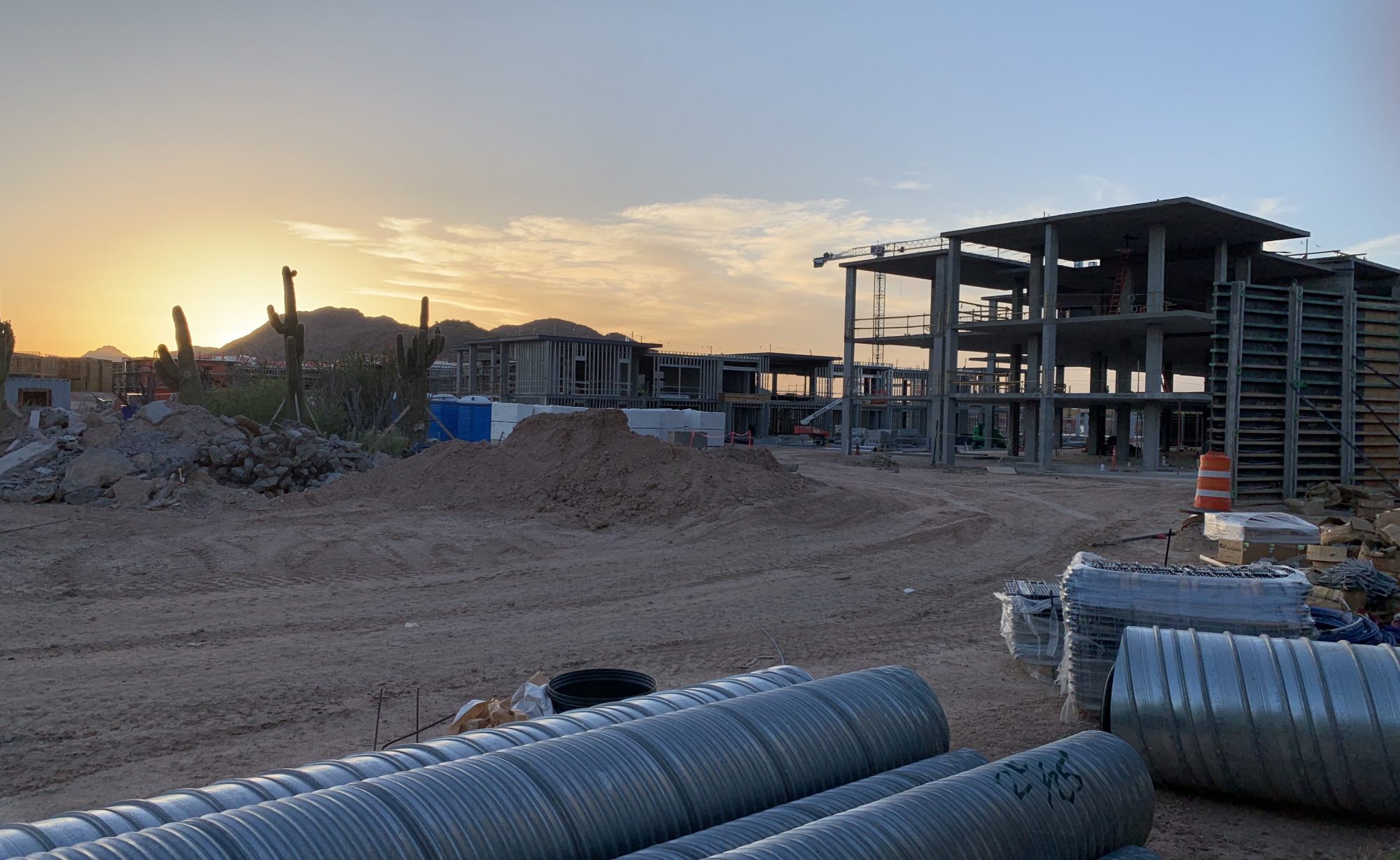
In the construction world, the term “acceleration” refers to speeding up the pace of work on a project. Accelerated performance often results in increased costs for those contractors whose work is affected. These increased costs, which can be substantial, often include overtime payments, hiring costs and salaries of additional workers, and extra material costs due to the shortened schedule.
Generally, a project (or portions of a project) can be accelerated in three ways: (1) voluntarily; (2) at the direction of another party; or (3) constructively. Voluntary acceleration occurs where the contractor unilaterally decides to quicken its pace. Directed acceleration, on the other hand, occurs when the contractor is ordered to expedite performance by either the owner or the general contractor. Not surprisingly, it is uncommon for disputes over acceleration costs to arise in either of these two contexts. If the acceleration is voluntary, the contractor typically bears the cost. If the acceleration is directed, the party directing the acceleration usually bears the costs.
The third category—constructive acceleration—occurs where the owner or general contractor refuses to give the contractor a time extension for an “excusable” delay. As explained here, excusable delays usually entitle contractors to at least additional time. The denial of a time extension in these circumstances necessarily forces the contractor into a precarious position—either accelerate performance to maintain the existing schedule or run the risk of facing delay claims from the upstream party (which can include liquidated damages). Disputes over entitlement to acceleration costs typically arise in constructive acceleration scenarios.
Although Arizona’s courts have not yet directly addressed constructive acceleration claims, courts in other jurisdictions have. For instance, the Ohio Court of Appeals held as follows in Sherman R. Smoot Co. v. Ohio Dept. of Adm. Serv., 736 N.E.2d 69, 78 (Ohio App. 2000) (citations omitted):
Constructive acceleration occurs when a contractor has a justified claim for an extension of time, but is required to incur additional expenses because the project owner refuses to grant the extension and requires the contractor to complete the project by the original completion date. In order to prevail on a claim for constructive acceleration, it must be established that (1) that the contractor experienced an excusable delay entitling it to a time extension, (2) that the contractor properly requested the extension, (3) that the project owner failed or refused to grant the requested extension, (4) that the project owner demanded that the project be completed by the original completion date despite the excusable delay, and (5) that the contractor actually accelerated the work in order to complete the project by the original completion date and incurred added costs as a result.
Similarly and more recently, the United States Court of Federal Claims held in Zafer Taahhut Insaat Ve Ticaret, A.S. v. United States, 120 Fed.Cl. 604, 610 (2015) that the following five elements must be proved to establish a constructive acceleration claim: “(1) and excusable delay; (2) a timely request for additional time; (3) improper rejection of additional time; (4) an order to accelerate; and (5) extra costs or additional work beyond that provided for in the contract.”
While the holdings in Sherman R. Smoot Co., Zafer, and other cases are not binding on Arizona courts, it is likely that Arizona courts would look to these cases for guidance on constructive acceleration claims. In fact, reliance on Zafer is almost assured in the context of public construction contracts given that “[i]n the absence of controlling state authority, state courts naturally look for guidance in public contract law to the federal court of claims and the federal boards of contract appeals.” New Pueblo Constructors, Inc. v. State, 144 Ariz. 95, 101 (1985). Accordingly, it is important for those Arizona contractors that may be entitled to constructive acceleration claims to: (1) consult with an attorney; (2) make a timely request for additional time; and (3) document their acceleration costs.
